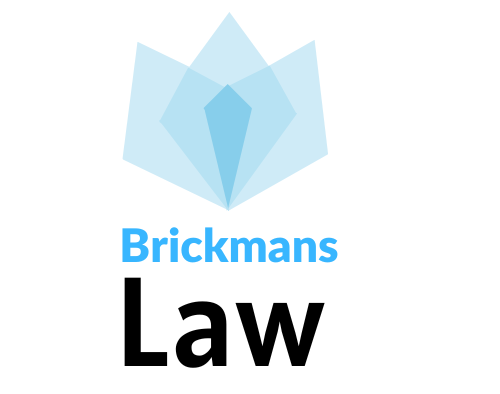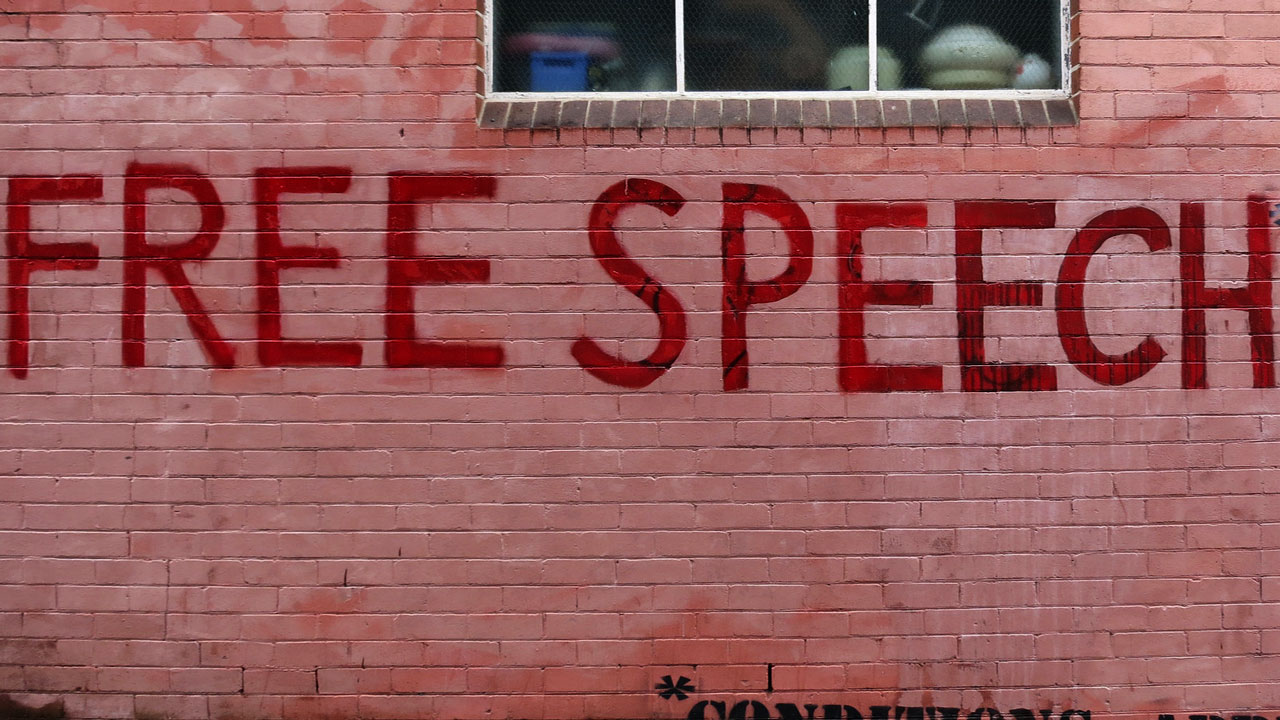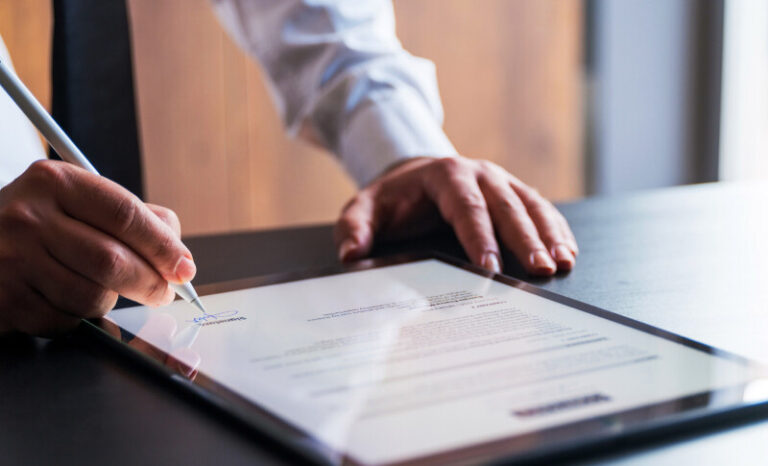The Proposed Governance of Free Speech in Nigeria – Its legality or otherwise
Introduction
In Nigeria, we have seen a significant rise in the usage of social media platforms to express opinions, receive and share information as well as it being used as a tool for both social and political movements. However, while these platforms offer unprecedented opportunities for citizen engagement and information dissemination, they also present challenges such as the spread of misinformation and the amplification of divisive rhetoric. Consequently, the discourse surrounding free speech governance has intensified as the government proposes measures to address these challenges.
Legal Framework and Constitutional Rights.
Nigeria’s Constitution guarantees the right to freedom of expression including freedom of speech and of the press, 1 as fundamental to its democracy 2 . However, this right is not absolute and may be subject to limitations that are deemed “reasonably justifiable in a democratic society” 3 . Nigerian courts have upheld the importance of free speech while recognising the need for limitations to safeguard public order, safety, morality, health and individual rights. 4
Proposed Governance of Free Speech.
The proposed governance of free speech seeks to address concerns such as hate speech, fake news, and incitement to violence, which have been amplified by the proliferation of social media. Proponents argue that regulating free speech is essential for maintaining peace and stability within the country and that unchecked dissemination of misinformation and inflammatory rhetoric can lead to social unrest and undermine national unity. The legality of any such regulations hinges on its alignment with constitutional principles and any proposed measures must undergo rigorous scrutiny to ensure adherence to these standards and ensure that it does not unduly restrict fundamental freedoms. However, the vague or unwieldy nature of the phrase “reasonably justifiable in a democratic society” 5 , raises concern that it opens the door to abuse of power and censorship. 6
Challenges and Concerns – Case Study.
In 2015, the Nigerian government passed into law the Cybercrimes (Prohibition, Prevention, Etc) Act 2015 which basically focuses on regulating free speech online. It has been argued that this piece of legislation exposes the right to freedom of expression to abuses. An example can be drawn from section 24(1)(b) of the Act which makes it an offence to send messages or other matters by means of computer systems or network for the purpose of causing annoyance, inconvenience, danger, obstruction, insult, injury, enmity, hatred, ill will or needless anxiety to another or causes such a message to be sent. The range of issues covered in the above section are excessively wide. This law has been used to target and penalise citizens, journalists, bloggers and media personalities. Instances such as the Erisco Saga where a blogger faced legal action for a product review, highlights the ambiguity and potential for misuse inherent in such legislation . 7
International Standards and Recommendations.
While acknowledging the government’s legitimate authority to regulate freedom of expression, adherence to international standards is crucial. The United Nations Human Rights Committee (UNHRC) has developed a three-part test to prevent excessive limitations on free speech, emphasising the necessity for clear, necessary, and proportionate regulations. The first part of the test is that the limitation must be provided by law 8 . There must be a domestic law that permits the government to limit the right to freedom of speech in specific circumstances. 9 The law must be clear and not unduly vague and accessible to the public. The second part of the test is that the limitation must be necessary for a legitimate purpose. 10 It must be necessary in the sense that it does not go overboard 11 and must be for the protection of the rights or reputation of others or for the protection of national security or public order or public health or morals. 12 The third test is that the limitation must conform to the principle of proportionality. It must be appropriate to achieve its legitimate purpose. 13
Conclusion.
As Nigeria grapples with the complexities of governing free speech, it must ensure that any regulatory efforts uphold the fundamental values of democracy. By navigating these challenges with care and adherence to international standards, Nigeria can strike a balance between preserving individual freedoms and addressing the evolving landscape of digital communication.
References
1 Section 39(1) & (2) of the 1999 Constitution of the Federal Republic of Nigeria as amended
2 Okonkwor, ‘The Legal Basis of Freedom of Expression in Nigeria’ (1978) Vol 8 California Western International Law Journal 256 at 258.
3 Section 39 (3) & 45 (1) of the 1999 Constitution of the Federal Republic of Nigeria as amended
4 Solomon Okedara v Attorney General of the Federation (2019) LCN/12768 (CA).
5 Okonkwor, ‘The Legal Basis of Freedom of Expression in Nigeria’ (1978) Vol 8 California Western International Law Journal 256 at 262.
6 Ibid.
7 https://www.thisdaylive.com/index.php/2024/03/19/chioma-erisco-saga-when-the-customer-is-not-always-right
8 Domestic
9 Paragraph 24 of General Comment No 34 on Article 19 of the International Covenant on Civil and Political Rights
10 Paragraph 33 of General Comment No 34 on Article 19 of the International Covenant on Civil and Political Rights
11 Paragraph 33 & 34 of General Comment No 34 on Article 19 of the International Covenant on Civil and Political Rights
12 Article 19 of International Covenant on Civil and Political Rights, Paragraph 22 of General Comment No 34 on Article 19 of the International Covenant on Civil and Political Rights.
13 No 34 on Article 19 of the International Covenant on Civil and Political Rights.
BIBLIOGRAPHY
- Legal Framework Regulating Freedom of Expression and Press in Nigeria and
Pathways to Neutralizing Threats (Centre for Journalism Innovation and
Development, 2022). - Cybercrimes (Prohibition, Prevention, Etc) Act 2015.
- The 1999 Constitution of the Federal Republic of Nigeria as amended.
- Okonkwor, ‘The Legal Basis of Freedom of Expression in Nigeria’ (1978) Vol 8
California Western International Law Journal 256. - Solomon Okedara v Attorney General of the Federation (2019) LCN/12768 (CA)
- International Covenant on Civil and Political Rights
- General Comment No 34 on Article 19 of the International Covenant on Civil and
Political Rights.






